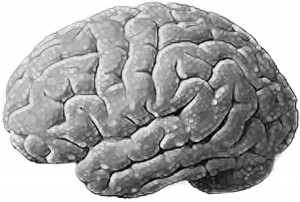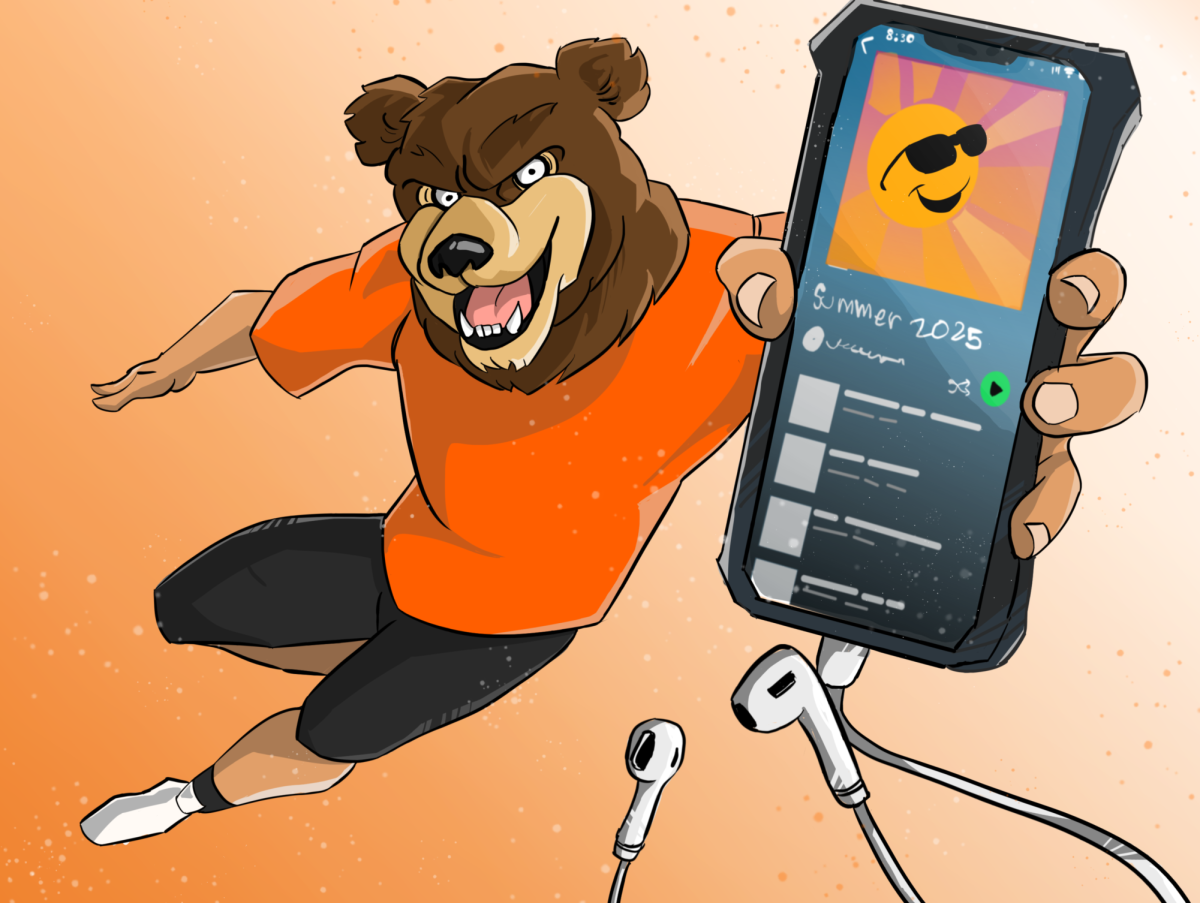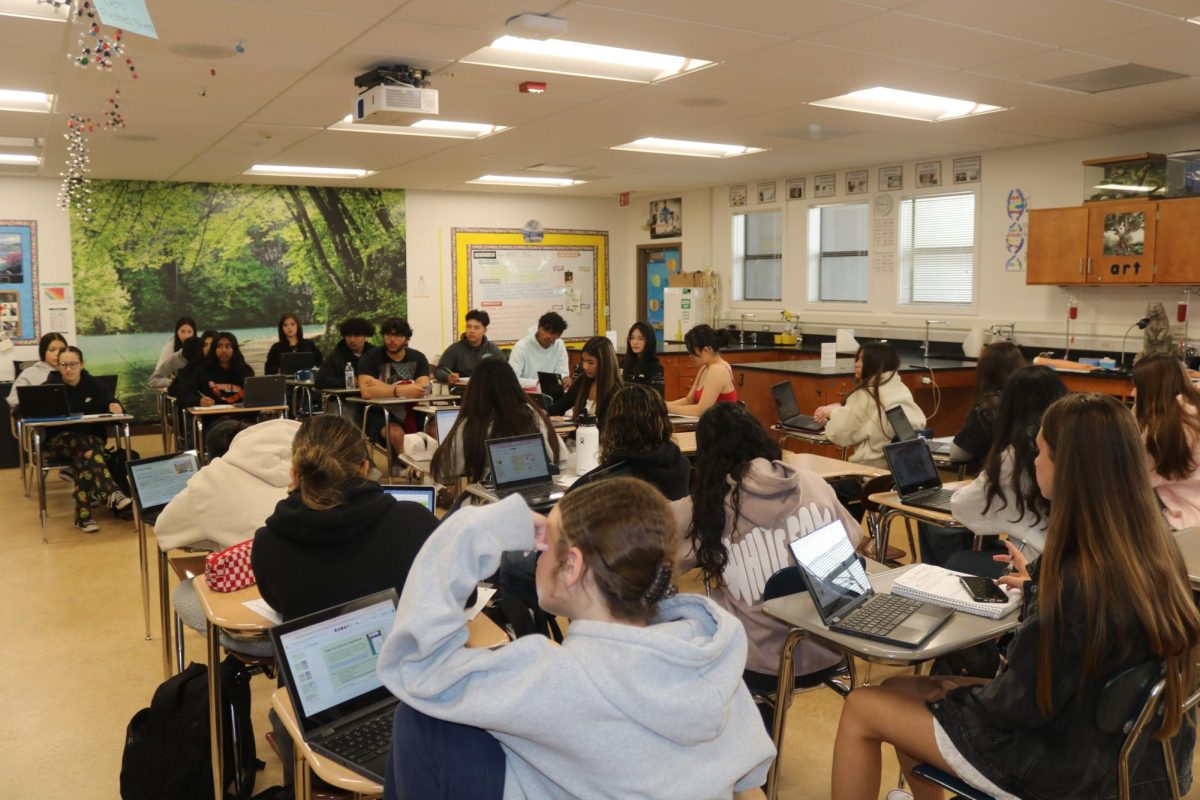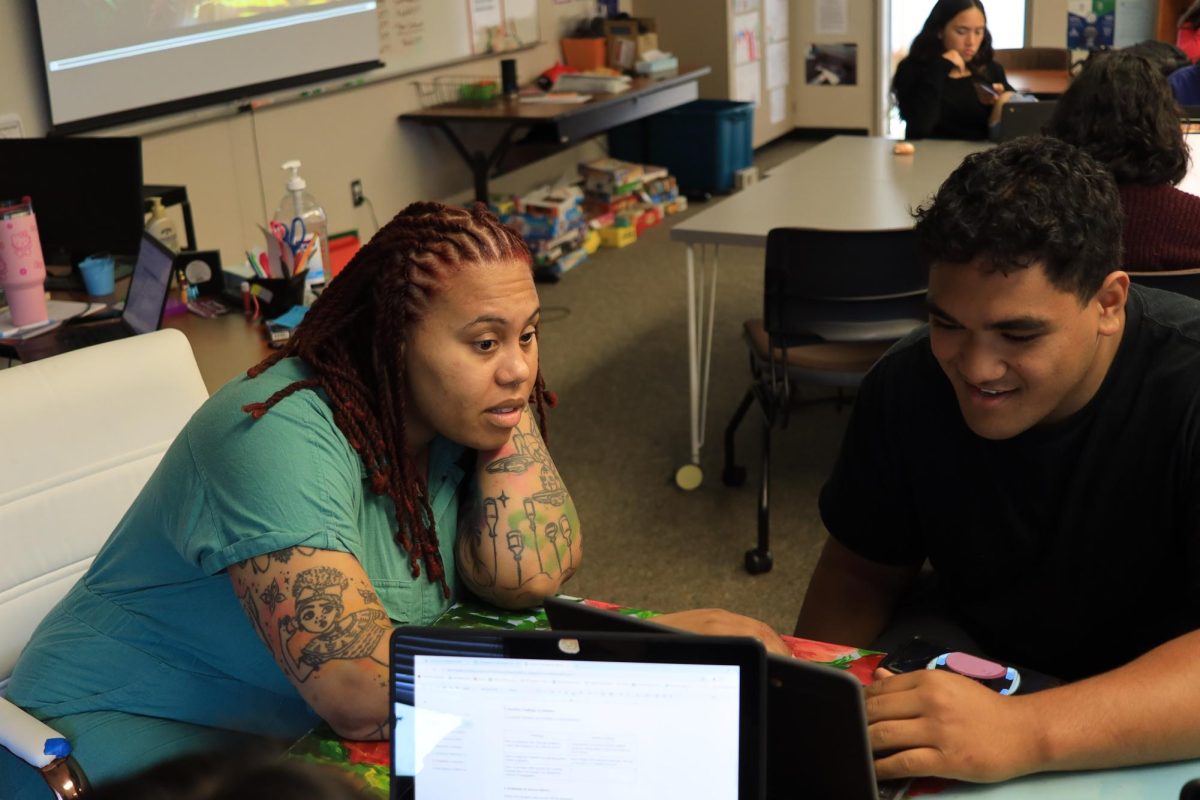Very few people would suspect that Attila the Hun and President Barack Obama would have anything in common.
But as strong leaders, both had certain inherent psychological qualities.
Whether they know it or not, all leaders in society are affected by social psychology. From the president of a company to a head cheerleader, these people possess qualities that deem them to be “leaders” in society.
The study of the characteristics these people possess is commonly known as social psychology, which is the study of phenomena such as charisma, confidence, and peer pressure.
These attributes are prominent in all phases of life, especially during the high school years.
“I really like leading the team and pumping them up,” said junior cheer captain Sia Stompro. “I’m surprised that it is actually a part of psychology.”
One attribute many leaders posses is the power to lead people by gaining their trust and setting an example, which is known as charisma. Most leaders naturally have this quality.
Freshman Austin Pisciotta believes that leadership abilities may be genetic.
“I think some leadership qualities can run in the family,” said Austin.
Charisma oftentimes helps leaders in their tasks, which can range from encouraging teammates or even delivering a speech.
When delivering a message, it’s not just what words are said, but how they are delivered which allows charismatic leaders to persuade and influence others.
According to speakingaboutpresenting.com, retired professor of psychology and communication Albert Mehrabrian says that 7 percent of a message comes from the words used in the message, 33 percent comes from the tone of the words, and 55 percent of the message is relayed through facial expressions.
“When I was team captain, I tried to relate to my other teammates, and lead by example,” said senior Kellie Taylor, a captain of the tennis team. “I believe all leaders should respect those around them and be confident.”
One aspect of charisma is self-confidence. People who are confident in themselves lead to other people looking up to and wanting to follow them.
When leaders in society have power from people following them, they have an obligation and responsibility to those people. At times, social figures abuse the power of their influence.
In high school, certain teens are leaders in cliques. The most “popular kids,” use social psychology to influence others.
Although these groups can sometimes create problems, they also can create opportunities to make new friends.
“The problem is when students and people associate themselves with one group, they can’t relate to people outside their own group,” health teacher Susan Fitch said.
When these groups abuse their influence and power, people can be hurt, both emotionally and physically.
Although peer pressure is considered bad, these individuals succumb to these pressures as a sign of acceptance. Leaders often make these decisions, and the students being pressured feel the leader represents themselves or the right thing to do.
Growing up, one can be a leader, or a follower. All the social skills people use have a science behind it, and it is up to the individual to decide how they want to use it.





